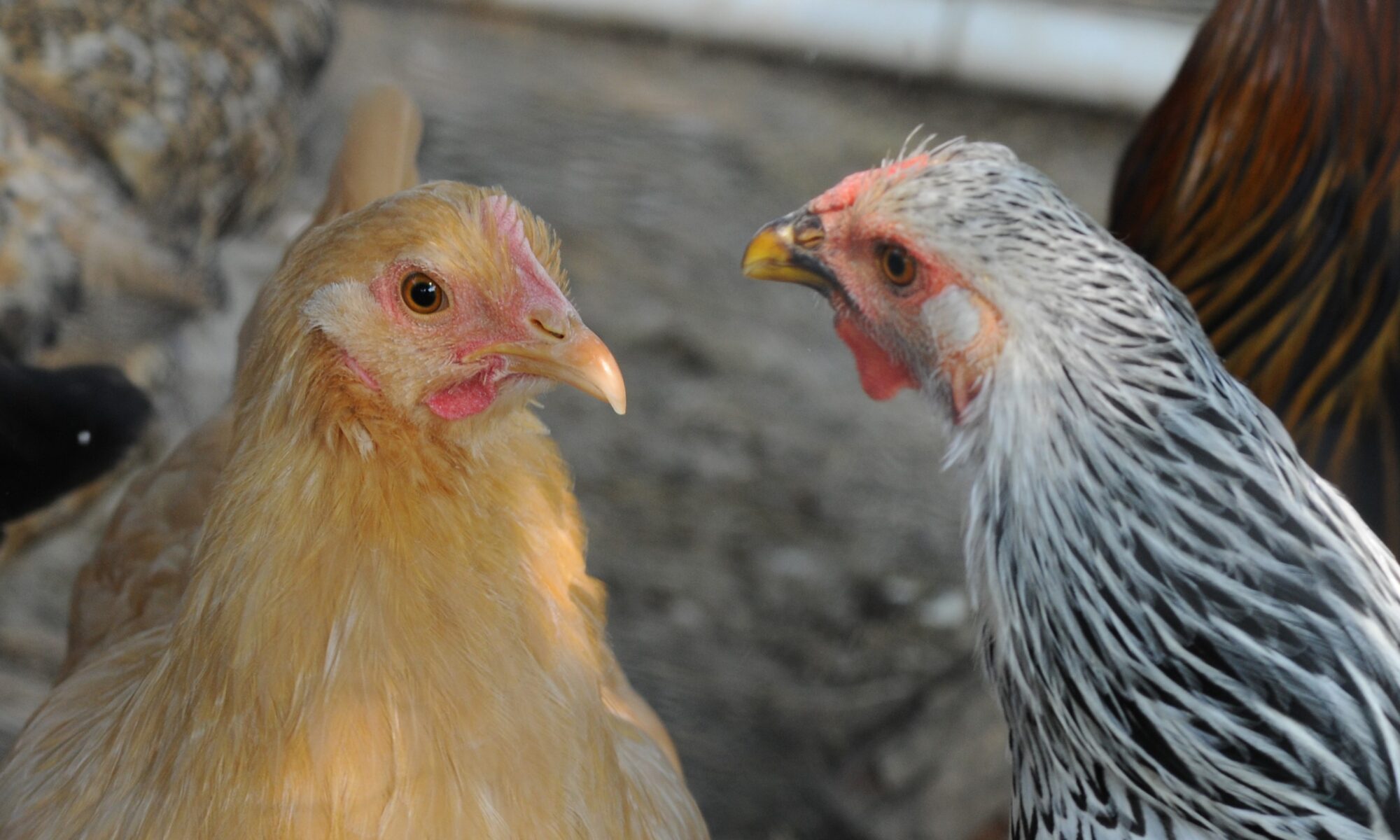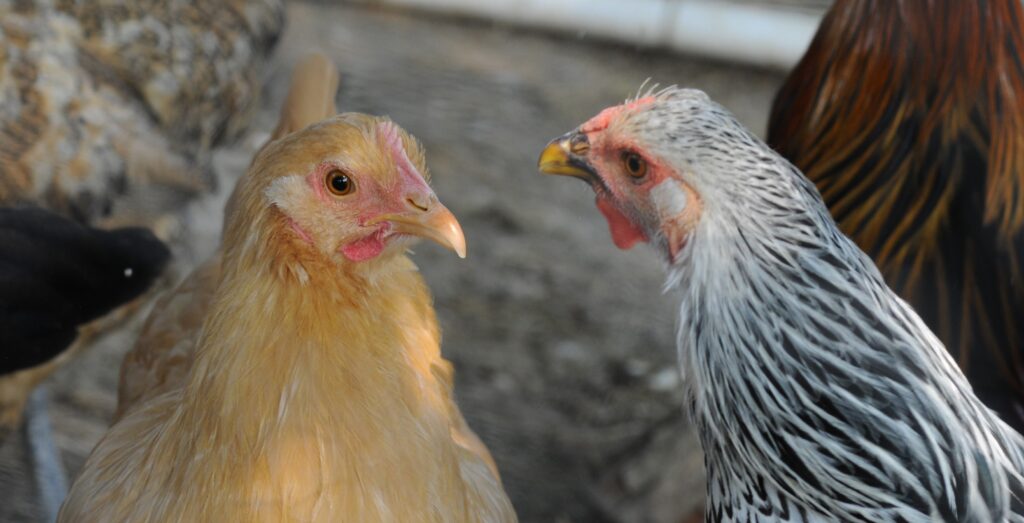

Highly Pathogenic Avian Influenza (HPAI), a very contagious and often deadly disease of poultry, can result in the deaths of entire flocks within a matter of days. Also known as bird flu, HPAI has been detected in wildlife and poultry in Tennessee. The USDA maintains a dashboard designed to provide a current snapshot of confirmed HPAI detections in the United States.
This virus can spread quickly between birds, including birds that do not have any signs of disease. Recently, it has been reported to impact certain mammalian species, including humans, according to the Centers for Disease Control and Prevention. There is no treatment for HPAI; the CDC says the best prevention is to avoid sources of exposure.
Out of an abundance of caution, the University of Tennessee College of Veterinary Medicine (UTCVM) has made the difficult decision not to accept or treat injured or abandoned wild birds including raptors*, songbirds, or waterfowl (including owned waterfowl) at this time. This precautionary measure will help protect our patients, faculty, staff, and students from potential exposure to HPAI. People who have sick or dead poultry or waterfowl can call the Tennessee State Veterinarian’s office at 615-837-5120.
For your safety, UTCVM recommends that people do not touch, handle, or transport wild birds. If you find a sick or injured wild bird, contact your local Tennessee Wildlife Resources Agency (TWRA) regional office or call 1-800-332-0900. TWRA also provides a list of licensed raptor and songbird rehabilitators on their website. In Knox County, Young-Williams Animal Services officers are available to assist with sick or injured birds. Animal Services responds to calls between 7:00 a.m. – 7:00 p.m. Monday – Friday and 8:00a.m. – 5:30 p.m. on weekends and holidays. Their dispatch line is 865-407-2229. If domestic poultry or other farm birds exhibit signs of avian influenza (ranging from sneezing, coughing, and ruffled feathers to sudden and high numbers of bird losses), bird owners should notify state or federal animal health officials.
*In early June 2025, the UT Veterinary Medical Center began accepting HPAI-negative raptors from rehabilitators trained to swab for the virus.
February 4, 2025: UTIA Experts Recommend Biosecurity Efforts to Help Stop Spread of Avian Influenza.